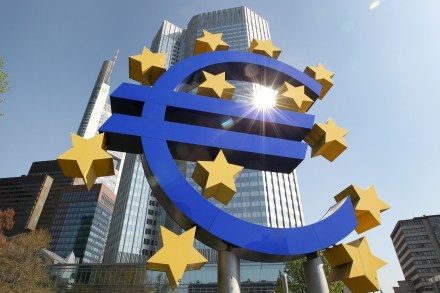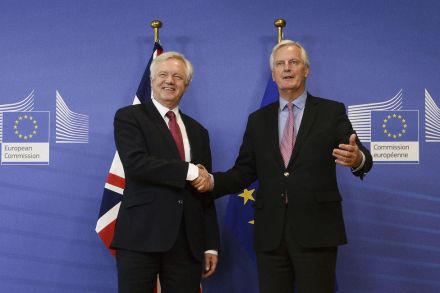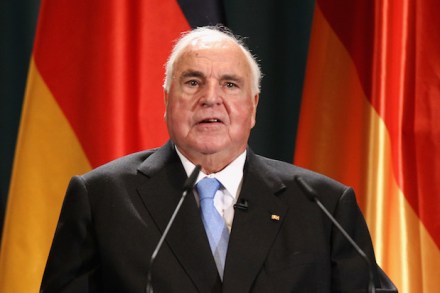Theresa May is (slowly) seeing sense on EU nationals. Will the EU do the same?
Theresa May has made a far better offer to EU nationals, saying they will be granted permanent residence after staying five years. But the EU has not. Donald Tusk, president of the European Council, has said that her offer is ‘below our expectations and risks worsening the situation for our citizens’. He wants the European Court of Justice to have authority over the UK government in policing its pledge to EU citizens. Theresa May has ruled out any ECJ authority saying, quite rightly, that the Brexit vote was a move to end all that. So where now? Joseph Muscat, the prime minister of Malta which holds the rotating EU presidency,




















